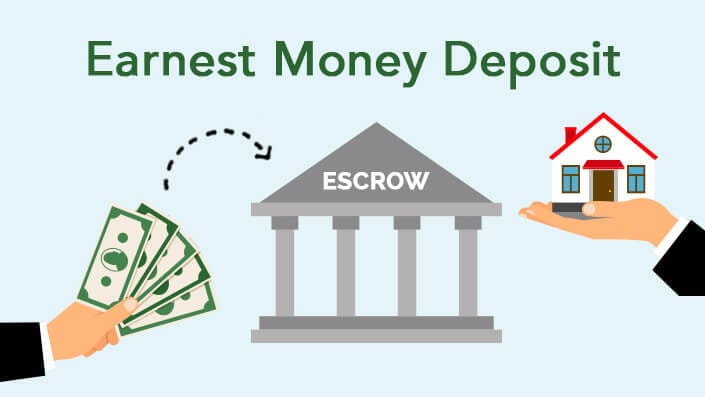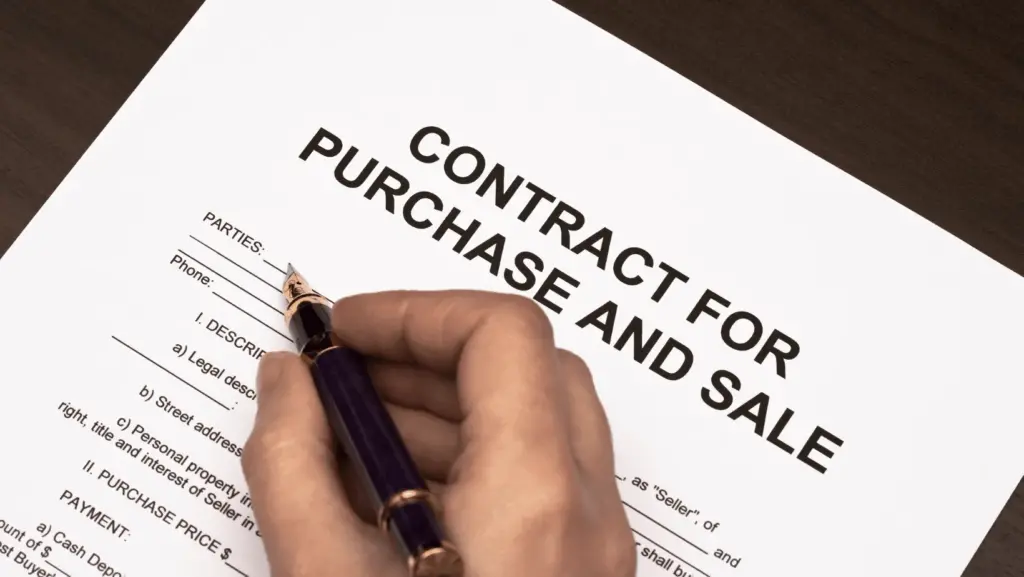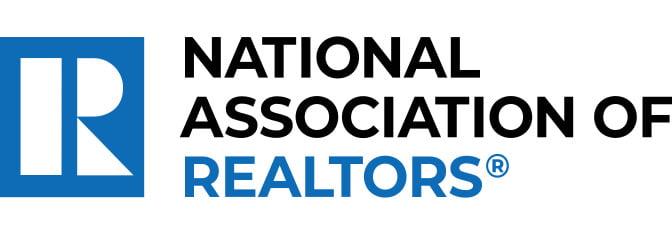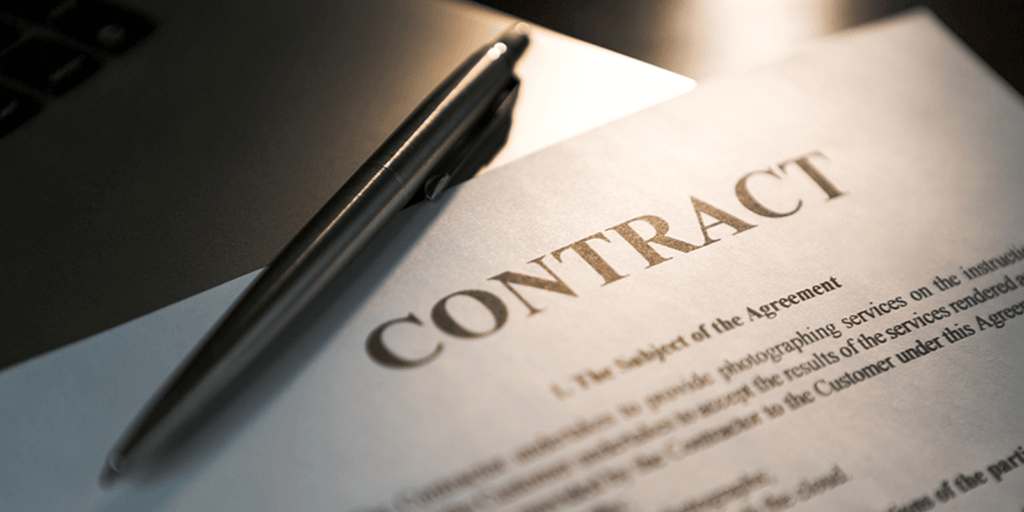What Is Earnest Money?
Earnest money is a deposit made by a buyer to show they are serious about purchasing a home. It’s often referred to as “good faith money.” When a buyer submits an offer, this deposit gives the seller confidence that the buyer is committed to following through with the purchase.
Think of it as a security deposit for the home-buying process. By putting down earnest money, the buyer essentially tells the seller, “I’m serious about buying your house, and here’s proof.”
How Much Earnest Money?
The amount of earnest money can vary depending on the real estate market, location, and the price of the home. On average, buyers can expect to pay between 1% and 3% of the home’s purchase price as earnest money.
For example:
- If the home is listed at $300,000, the earnest money deposit might range from $3,000 to $9,000.
- In competitive markets, buyers may offer a higher deposit to make their offer stand out.
As a real estate agent, you can guide buyers on what’s customary for your local market and help sellers assess whether the amount being offered is reasonable.

How Does Earnest Money Work?
Here’s how earnest money fits into the home-buying process:
Offer Submission
- When the buyer submits an offer, they also provide the earnest money deposit.
- The amount is typically spelled out in the purchase agreement.
Deposit Held in Escrow
- Once the seller accepts the offer, the earnest money is deposited into an escrow account.
- An escrow account is a neutral third-party account that holds the money until closing.
Applied to Closing Costs
- At closing, the earnest money is usually applied toward the buyer’s down payment or closing costs.
Refunds or Forfeiture
- If the deal falls through for a legitimate reason, like a failed inspection or financing contingency, the buyer may get their earnest money back.
- However, if the buyer backs out of the deal for no valid reason, the seller may keep the earnest money as compensation for their time and trouble.
Why Is Earnest Money Important?
Earnest money benefits both buyers and sellers by providing security during the transaction.
- For Buyers:
- Demonstrates Seriousness: It shows the seller that you’re committed to the deal.
- Reduces Competition: A solid earnest money offer can make your bid more attractive in a competitive market.
- For Sellers:
- Provides Assurance: The deposit indicates the buyer is less likely to walk away without a good reason.
- Offsets Risk: If the buyer breaches the contract, the seller may keep the earnest money as compensation.
- For Agents:
- Smooths Transactions: As a real estate agent, explaining the purpose and process of earnest money helps prevent misunderstandings and disputes between buyers and sellers.

What Happens If the Buyer Backs Out?
If a buyer decides not to move forward with the purchase, what happens to the earnest money depends on the circumstances:
- Valid Reason: If a contingency was not met, the buyer can cancel the contract and receive a full refund through a signed mutual release by both parties.
- No Valid Reason: If the buyer walks away without a legitimate reason, the seller may keep the earnest money as “liquidated damages.”
If there is a dispute between the EMD, that is between the buyer and seller ONLY. The real estate agent and their broker will NOT help you. EMD disputes become a civil matter between buyer and seller and can only be released by the title/escrow company through a signed mutual release between buyer and seller.
Contingencies: Protecting the Buyer’s Earnest Money
One of the most important aspects of earnest money is the contingencies included in the purchase agreement. These contingencies protect the buyer and specify conditions under which the deposit can be refunded.
Common contingencies include:
Inspection Contingency
- If a home inspection reveals significant issues, the buyer can back out and get their earnest money refunded.
Financing Contingency
- If the buyer’s loan application is denied, they can exit the deal without losing their deposit.
Appraisal Contingency
- If the home appraises for less than the purchase price, the buyer can renegotiate or cancel the deal.
Sale of Current Home Contingency
- Some buyers include a contingency that allows them to back out if they can’t sell their current home.
Earnest Money vs. Down Payment
It’s important to understand that earnest money is not the same as a down payment. While earnest money is a deposit made at the beginning of the process, the down payment is paid at closing and represents a percentage of the home’s price that the buyer is paying upfront. Earnest money helps secure the deal, while the down payment helps secure the loan.
Conclusion
Earnest money is a key part of the home-buying process that benefits buyers, sellers, and agents alike. For buyers, it shows commitment and helps make your offer stand out. For sellers, it provides peace of mind that the buyer is serious. And for agents, it helps create smoother transactions.
Understanding how earnest money works, the role of contingencies, and what happens in different scenarios can save everyone time, money, and stress. By being informed and proactive, you can make the process easier and more successful for all involved.
Whether you’re buying, selling, or representing a client, remember that earnest money is more than just a deposit—it’s a promise to move forward in good faith.










